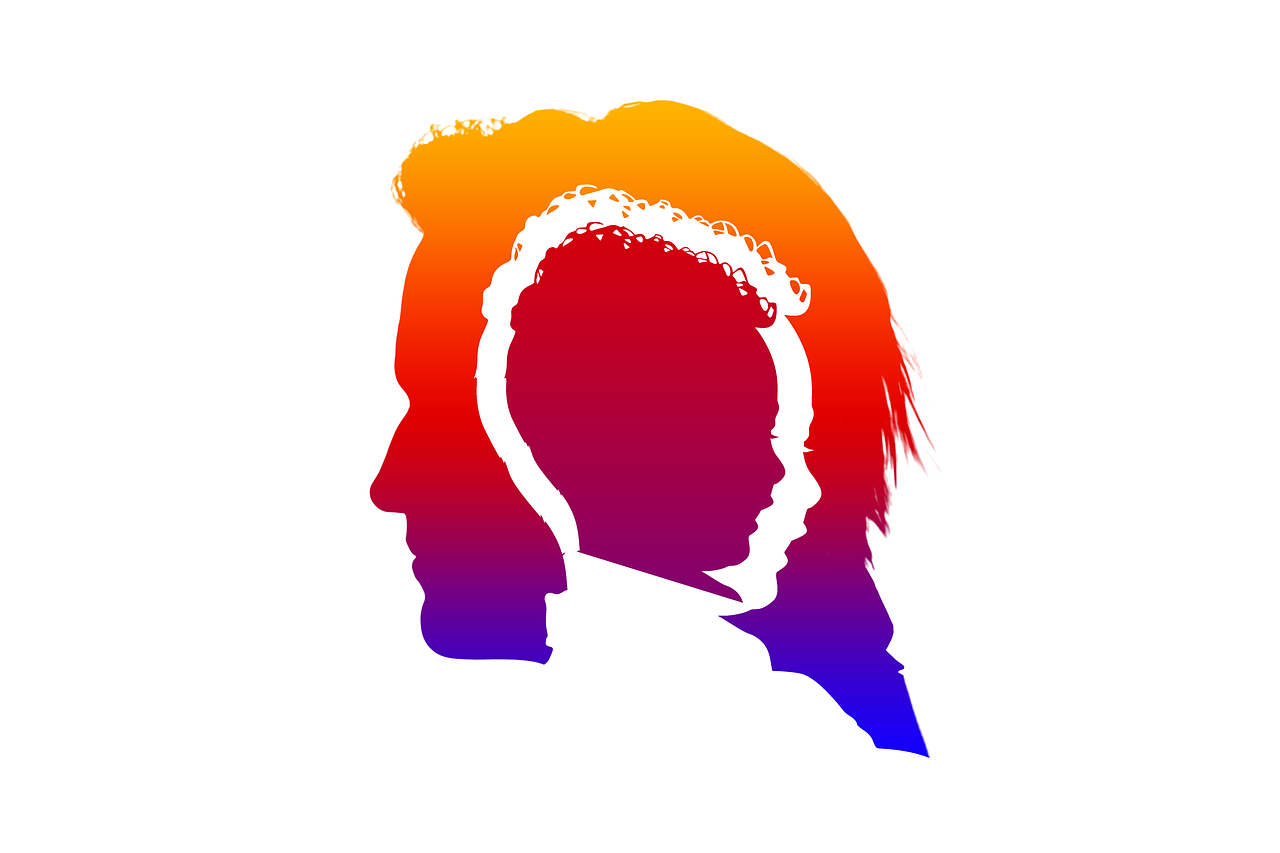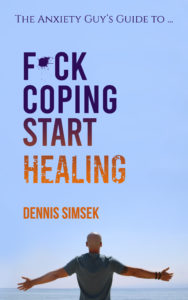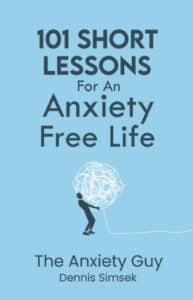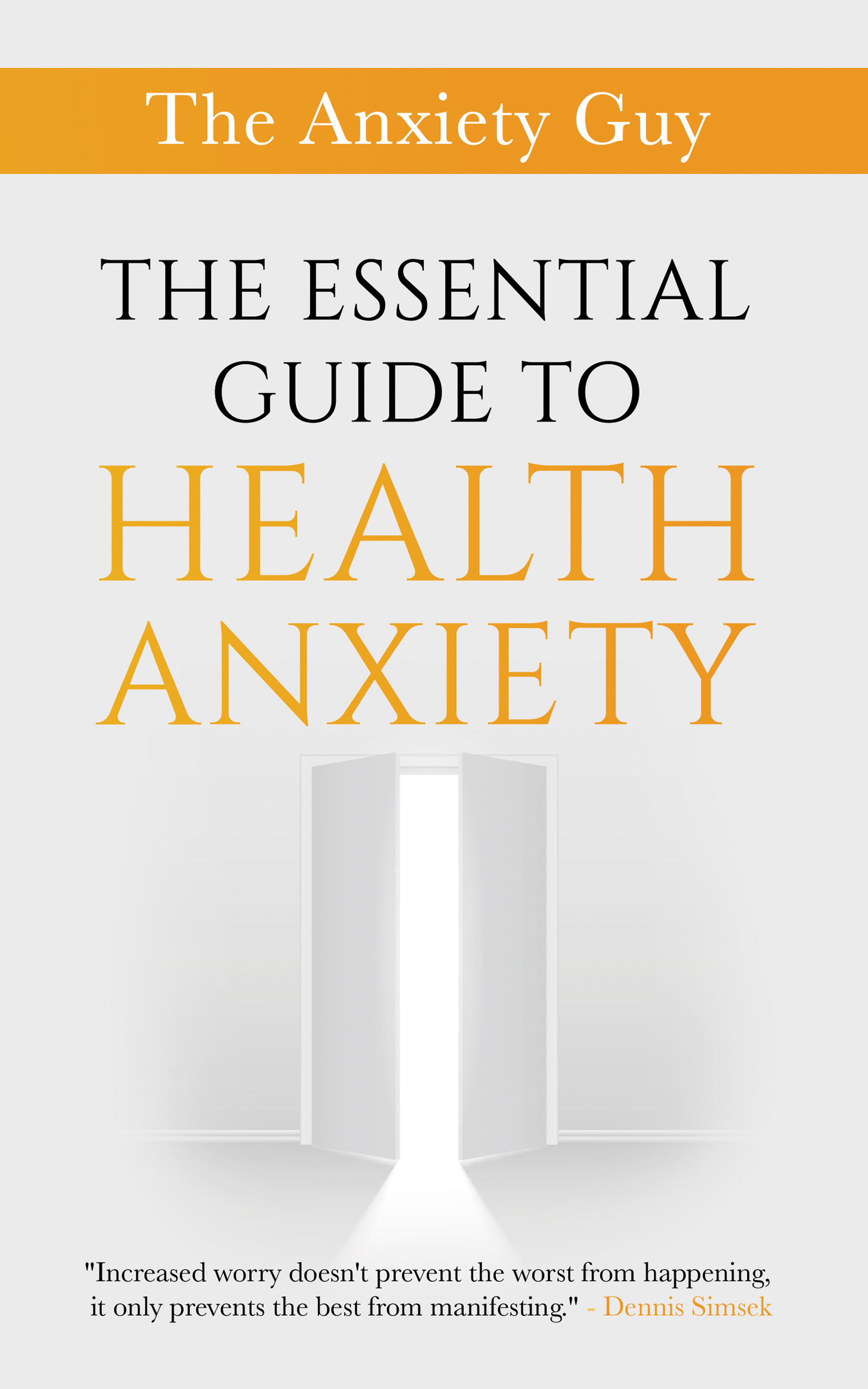To explain unresolved trauma we have to first change the meaning of trauma.
Many people think of it as physical abuse, rape, a car crash, or maybe even the death of a loved one. But the reality is that literally anything can be deemed a traumatic event, it just depends on how the nervous system responds to the situation.
Here’s the process:
- Arousal – A deep emotionally overwhelming event occurs.
- Unsuccessful escape – There’s an inability to verbally or physically fight back.
- Helplessness – The experience of such intense fear that we feel helpless.
- Immobility – We freeze and are in a state of shock.
Unresolved trauma leads the nervous system towards staying stuck in the past.
Here’s how a potentially traumatic event could be turned into an empowering moment:
- Arousal.
- Running or fight back.
- Successful escape due to a response that goes against freezing.
- Empowerment.
Notice the differences in these two examples.
One is more internal, while the empowering response to a situation is more external. There is an action that’s taken that allows the subconscious mind to not deem the situation as a threat, but a moment of empowerment.
The problem though is that many of the subconscious programs we carry with us today that run our behaviours were created between conception and the age of 7. As Aristotle so beautifully put it…
“Give me a child until he is 7 and I will show you the man.”
What’s important right now is recognition and deeper analytical thinking. I want to share with you some signs that could possibly point to unresolved trauma in your own life. Since many of us program ourselves to think that the current situation is the cause of our anxiety, I want to show you that it really isn’t and goes deeper than that.
- You reject affection – People who’ve yearned for love and a place in this world as children without acknowledgement find themselves rejecting affection. When you reject affection you reject love. When you reject love it’s a tell tale sign that you fear affection based off of experiences from your past that were less than pleasant.
- You get sick often – As children if everything we tried for the sake of love didn’t work out, our systems would get sick. This is because of the lack of the needs that needed to be met along with using the ‘final option.’ We thought, ‘maybe if I get sick I’ll get the love and affection I deeply crave.’ As an adult you’re still in this cycle of feeling like your needs aren’t met, so sickness is the last ditch effort.
- You have very low self worth – When you look in the mirror you don’t see unconditional love, a creative genius, and a person who’s capable of anything. Instead you see limits, doubts, and fear. If we put ourselves in enough situations to excel and feel we don’t meet others expectations again and again we will take it personal. These unresolved traumas are usually connected to feelings of failure.
- You can’t be alone – Whenever you close your eyes even, you become scared. Social help has been so repeated whenever things get ’sticky’ that you are now dependant on others fully. When people leave the house you think the worst, and look for ways to distract yourself. These unresolved traumas have plenty do with with scary movies you’ve watched, something happening to someone else while you were alone, or any other feelings of loss.
- You see the challenge in everything – I refer to this as the addiction to suffering in many of my podcasts and YouTube videos. People that see the challenge in everything set themselves up to fail before even starting. The unresolved traumas related to this habit many times comes down to a lack of recognition by others, witnessing the outrage of a pessimistic parent, or past failures.
Unresolved traumas subtly come out in our words, our actions, our imagination and more. The thing is, we were never taught how to deal with them or that we should. We’ve done such a steady job of stuffing our unresolved traumas aside that we are blind to the messages from the subconscious to bring resolve towards them.
The thing about unresolved traumas is that they transform into emotional and physical baggage.
This is why when I see someone who’s overweight I know right away there is an emotional connection there. If these people knew and practices the art of emotional reframing daily to diet the emotional body (rather than the physical one) in a short time they would feel relief.
Look at the United States for example.
The number of obese people are staggering and it breaks my heart to see them struggle the way they do. No one looks at unresolved trauma as the cause, only the behaviour connected to over-eating. The over-eating however is just a way to stuff aside what they don’t want to face.
In my latest book I show you the structure to deal with unresolved traumas. The key is to first be honest with yourself as to what is unresolved. Many people however don’t recognize which traumas are connected to their current state of distress. Your body will tell you everything you need to know, if we can only listen.
Join over 100k Subscribers on YouTube today – CLICK HERE
More than 850 positive podcast reviews on The Anxiety Guy Podcast on Apple – CLICK HERE
Become a part of our active support group on Facebook for anxiety sufferers – CLICK HERE






















Ordering your book today!!!
I see total sense to this!
Enjoy the healing journey with me Dave: https://amzn.to/2SNzsUM
dennis when your book available for purchase
The latest book is now available on Amazon here: https://amzn.to/2MK2e5m
Hello, how is your book different than Peter Levine’s book, “In An Unspoken Voice?” Childhood trauma seems to be the basis for my being “stuck” lately and I appreciate others sharing and resources. Thank you
My book touches on core principles needed to understand in order to set a person up for success over an anxiety disorder, as well as focuses on that vital moment when inner sensitivity arises and how to respond. Peter Levine brilliantly focuses on the somatic aspect of healing along with using imagery as well. My book comes from a more first person approach to healing an anxiety disorder and utilizes much different techniques alongside the mindset to bring about a shift in identity. Enjoy both. 🙏
It’s nice that you talked about how literally anything could be deemed a traumatic event, it just depends on how the nervous system responds to the situation. We’ve been closely observing my younger cousin lately and we noticed that he still has an unresolved trauma. It would be better for him to get treatment for it, so we should have him take trauma treatment for youths.